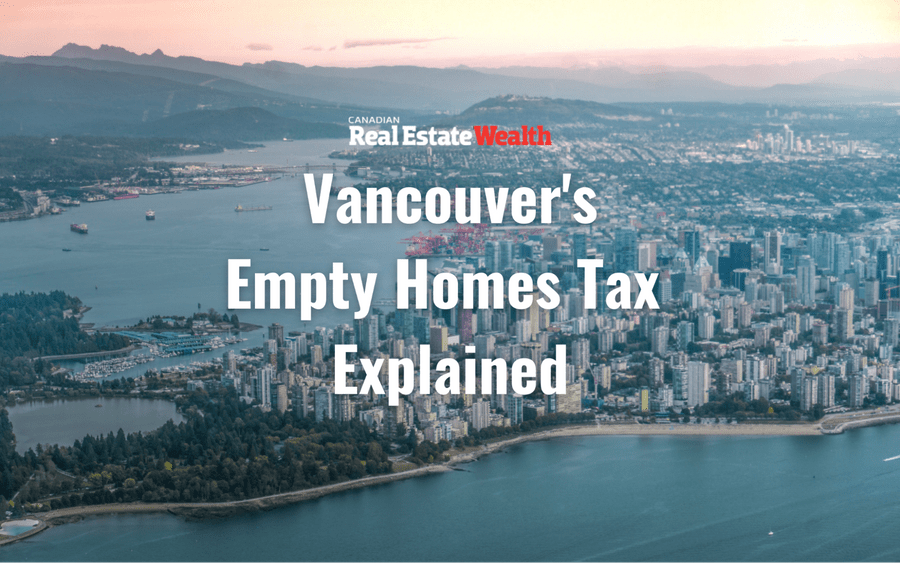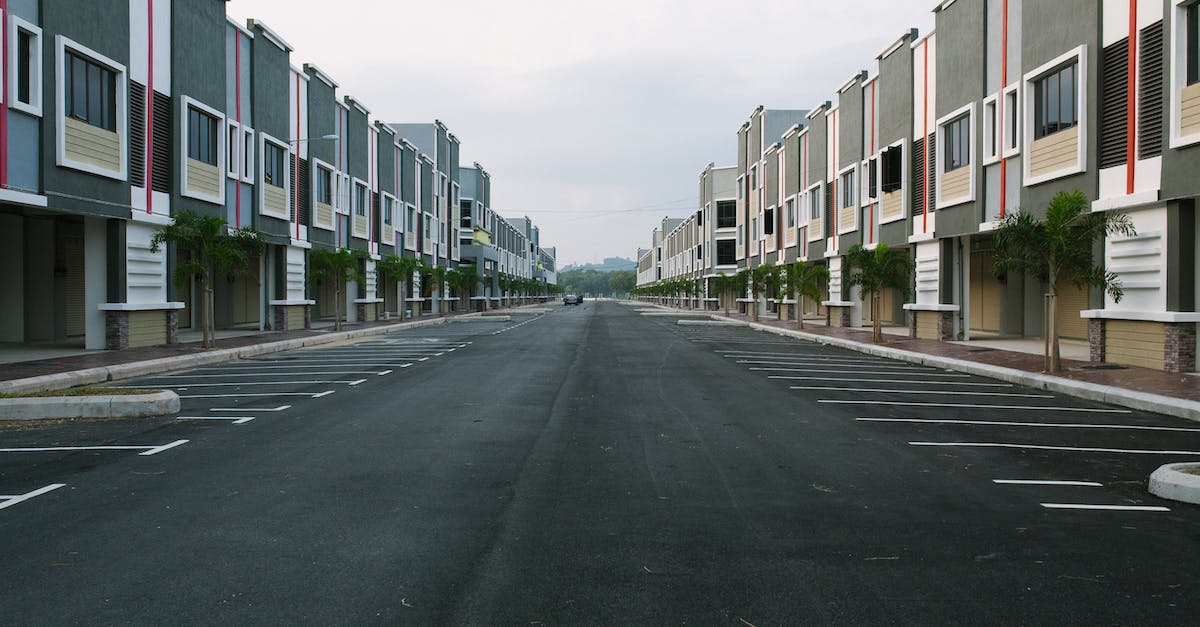The City of Vancouver introduced its Empty Homes Tax (EHT) in 2016 and in the years since it has brought in a net $39.7 million to help fund affordable housing programs.
But it has also helped dissuade property owners from leaving their homes vacant, with a decrease in the number of empty homes across the city while the number of occupied properties has risen.
“The main objective of Vancouver’s Empty Homes Tax is to influence property owners to put their empty properties on the rental market and the data shows that is happening,” said Mayor Kennedy Stewart. “For those who choose to keep their properties unoccupied, we appreciate their contributions to the funds that are supporting various, much-needed affordable housing initiatives across the city.”
The city’s annual report on the EHT shows that in 2018 there was a 22% reduction in empty homes compared to 2017, while the share of homes that were tenanted rose 7%.
Where the cash is spent
From the near-$40m in net revenue that the tax has brought it, $17 million will be used for the newly-approved Community Housing Incentive Program for 2019-2022.
The program will deliver a total of $25 million in grants to non-profit organizations to increase the affordability of social and co-op housing projects.
Did you know that even if you live in your home you still need to make an #EmptyHomesTax declaration? Declare now at: https://t.co/tZTs6Nzt0t pic.twitter.com/HdjID7m9fv
— City of Vancouver (@CityofVancouver) November 19, 2019
Steve Randall has more than three decades of media experience encompassing online, newspapers, magazines, radio, and podcasts. He focuses on insights and news for professionals in finance, real estate, and legal services. Steve writes for multiple Key Media titles in Canada, United States, Australia, and New Zealand.








